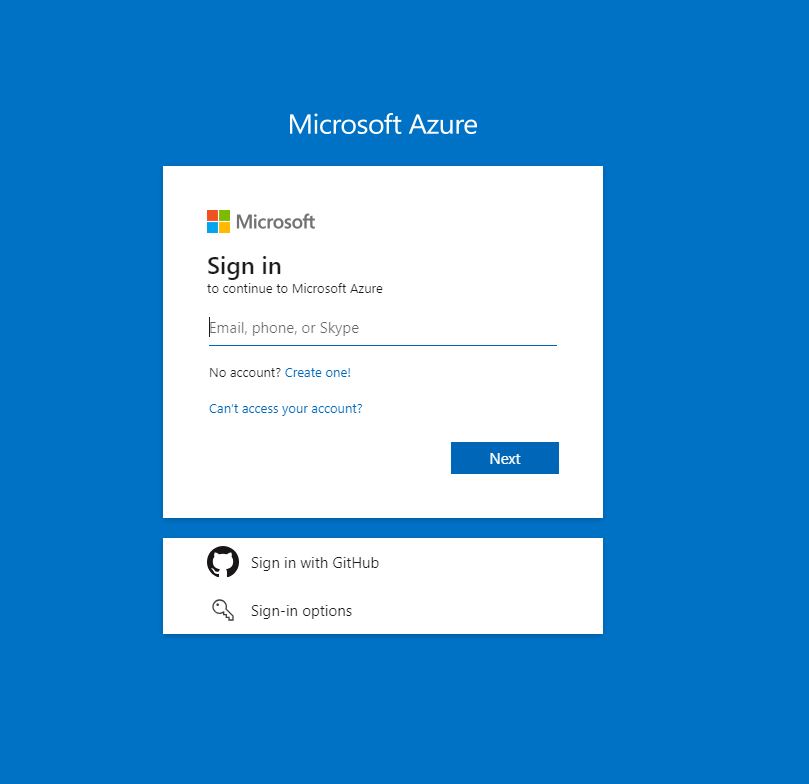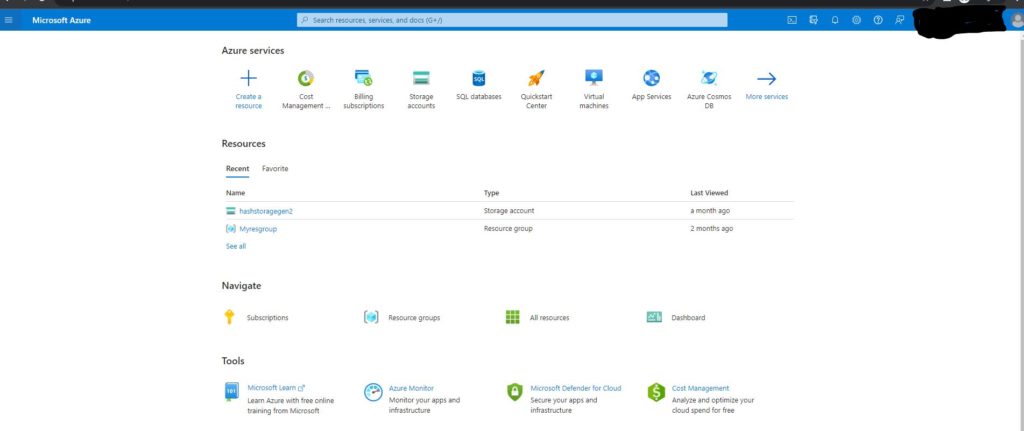
In the contemporary world driven by data, the role of a Data Engineer has never been more vital. As organizations strive to extract valuable insights from their extensive data volumes, the Data Engineer plays a pivotal part in designing and maintaining the architecture that underpins these insights. One platform that has significantly gained ground in the field of data engineering is Microsoft Azure Cloud. In this article, we will delve into how Data Engineers can harness Azure Cloud to establish a robust foundation for efficient data management and analysis.
Harnessing Azure’s Advantages for Data Engineers
Azure Cloud presents an extensive range of services tailored to the requirements of Data Engineers. From structured databases to big data solutions, Azure furnishes an ecosystem that empowers professionals to design, manage, and optimize data pipelines effectively.
1. Constructing with Databases: Azure SQL Database Azure SQL Database streamlines the database management process, allowing Data Engineers to focus on creating solid data models. With its scalability, integrated security features, and managed infrastructure, Azure SQL Database simplifies the creation of high-performance databases, granting Data Engineers the freedom to concentrate on data manipulation and transformation.
2. Amplifying Data Warehousing: Azure Synapse Analytics Data Engineers can tap into the capabilities of Azure Synapse Analytics to unlock the potential of data warehousing. This service facilitates the establishment of an encompassing data warehouse that seamlessly integrates with a multitude of data sources. Equipped with features such as on-demand querying and parallel data loading, Synapse Analytics expedites the processing of massive datasets, enabling Data Engineers to derive meaningful insights expeditiously.
3. Crafting Targeted Data Marts: Azure Analysis Services Azure Analysis Services empowers Data Engineers to devise specialized data marts tailored to distinct business requirements. This service metamorphoses raw data into interactive, user-friendly analytical models. Data Engineers can customize these models to cater to the distinct needs of various departments, facilitating more accurate data analysis.
4. Navigating the Data Lake: Azure Data Lake Storage Azure Data Lake Storage offers an adaptable and cost-effective solution for storing both structured and unstructured data. Data Engineers can establish a data lake to accommodate a diverse array of data types an organization accumulates. The integration of Azure Data Lake Storage with big data processing tools like Azure Databricks opens up avenues for advanced analytics and machine learning.
5. Proficiency in Big Data with Azure Databricks Azure Databricks furnishes Data Engineers with a formidable platform for processing and scrutinizing big data. With its collaborative workspace, pre-loaded libraries, and seamless integration with Azure services, Data Engineers can engineer intricate data pipelines and extrapolate insights from extensive datasets, all while harnessing the capabilities of Apache Spark.
Lets have some practical !

Head to http://portal.azure.com and sign up to get free 200 $ credits .
Once all set up you’ll notice an intuitive and user-friendly interface that’s designed to help you seamlessly navigate the world of Azure services.

Explore !
I’d suggest you start by digging into the tools and features available here. In my upcoming Data Series and Projects, you’ll be seeing a lot more of the Azure portal. This is where the real action happens as we dive into the world of data engineering, analysis, and visualization. So, stick around and stay curious – we’re about to unleash the capabilities of Azure Cloud in the exciting journey ahead!
